Functional Reactive Programming (FRP) is a programming paradigm that combines the functional programming style with reactive programming. Reactive programming is a programming paradigm that deals with asynchronous data streams and the propagation of change. It’s a way of handling events that occur in the user interface, network requests, or other event-driven systems. In FRP, the focus is on treating values as streams of data that change over time, and functions that react to these changes. This makes FRP a powerful tool for building user interfaces and handling complex event-driven systems.
Functional programming is a programming paradigm that emphasizes immutability, purity, and composability. It’s a style of programming that focuses on writing functions that have no side effects and always return the same output for the same inputs. FRP extends these principles to the realm of reactive programming by allowing us to express time-varying values as streams and to compose these streams using functional operations.
In FRP, we represent values that change over time as streams. A stream is an abstract data structure that represents a time-varying value. Just as arrays represent sequences of values, streams represent sequences of values that change over time. Streams can be manipulated using functional operations like map, filter, and reduce. This allows us to write code that is concise, composable, and easy to understand.
One of the key advantages of FRP is that it makes it easier to reason about time-varying values. In traditional imperative programming, it’s often difficult to keep track of how values change over time. This can lead to subtle bugs and make it difficult to maintain and scale an application. In FRP, we represent time-varying values as streams, and we use functional operations to manipulate these streams. This makes it easier to reason about how values change over time, and to avoid the kind of bugs that can arise when dealing with time-varying values in imperative programming.
Another advantage of FRP is that it makes it easier to write responsive user interfaces. User interfaces are often event-driven, with many different events happening simultaneously. In traditional imperative programming, it can be difficult to manage these events, especially when multiple events are happening at the same time. In FRP, we can represent these events as streams, and we can use functional operations to combine and manipulate these streams. This makes it easier to build responsive user interfaces that react to events in real-time.
FRP is also a good choice for building applications that require real-time data processing. Reactive programming is well-suited for dealing with streams of data that change over time. In FRP, we can use functional operations to manipulate these streams and to extract the information we need in real-time. This makes FRP a good choice for building applications that require real-time data processing, such as financial trading systems, real-time monitoring systems, and real-time control systems.
Finally, FRP is a good choice for building scalable applications. Reactive programming is designed to handle large amounts of data, and FRP extends this capability to the realm of functional programming. This makes it easier to build scalable applications that can handle large amounts of data, and that can be easily maintained and extended over time.
In conclusion, FRP is a powerful programming paradigm that combines the best of functional programming and reactive programming. It makes it easier to reason about time-varying values, to build responsive user interfaces, to build applications that require real-time data processing, and to build scalable applications. If you’re looking for a way to build robust, scalable, and responsive applications, then Functional Reactive Programming is definitely worth considering.
REF
https://stackoverflow.com/questions/1028250/what-is-functional-reactive-programming
https://gist.github.com/staltz/868e7e9bc2a7b8c1f754


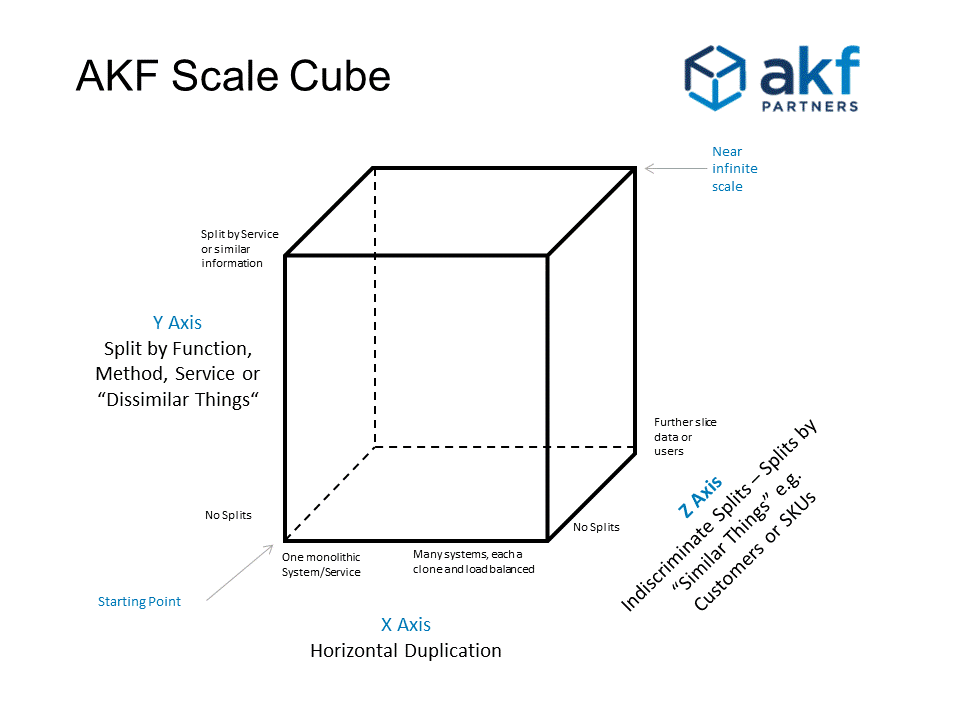
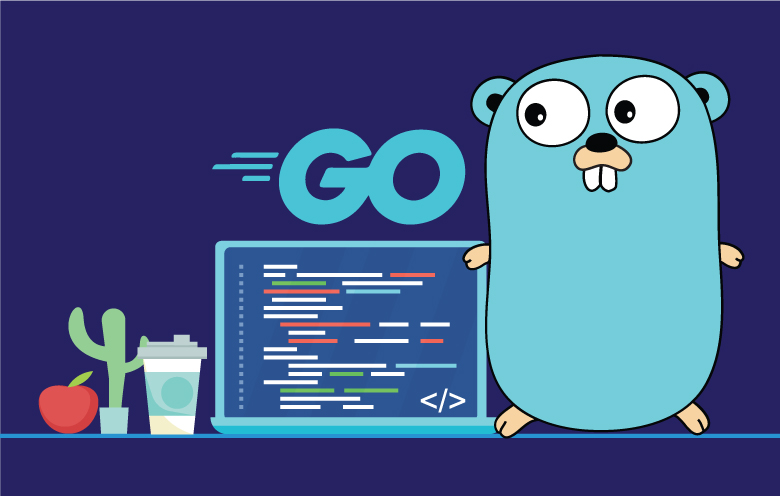

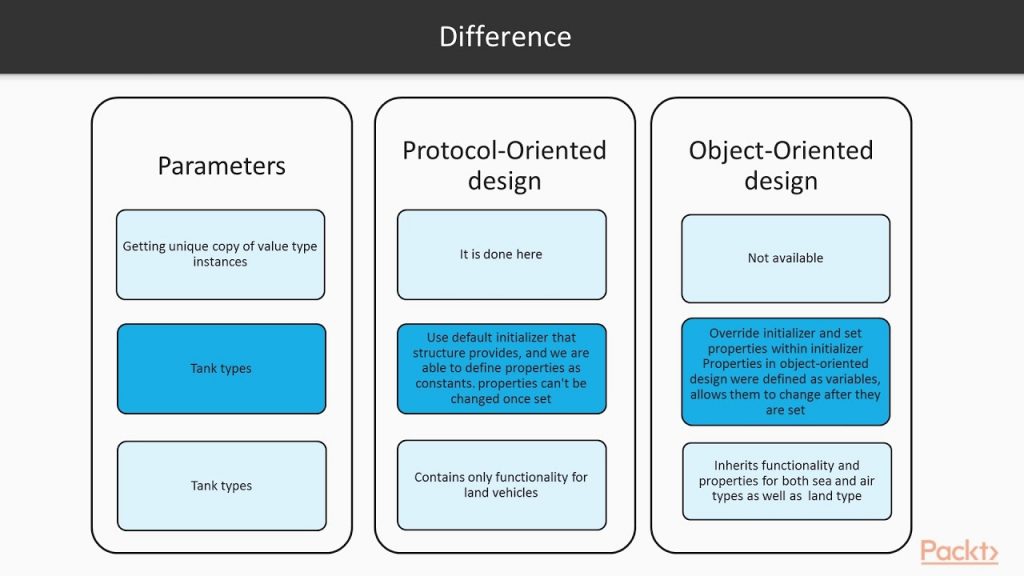
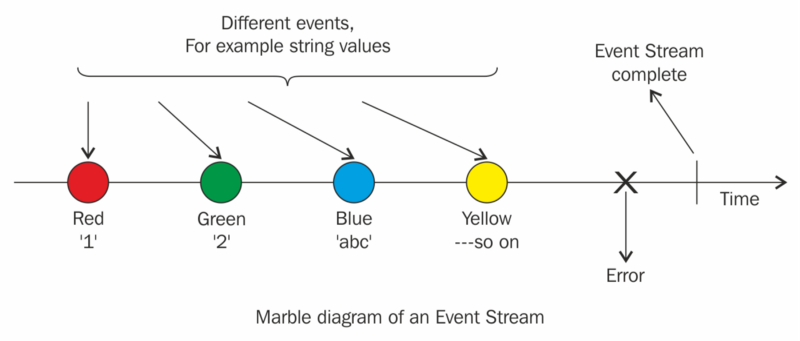
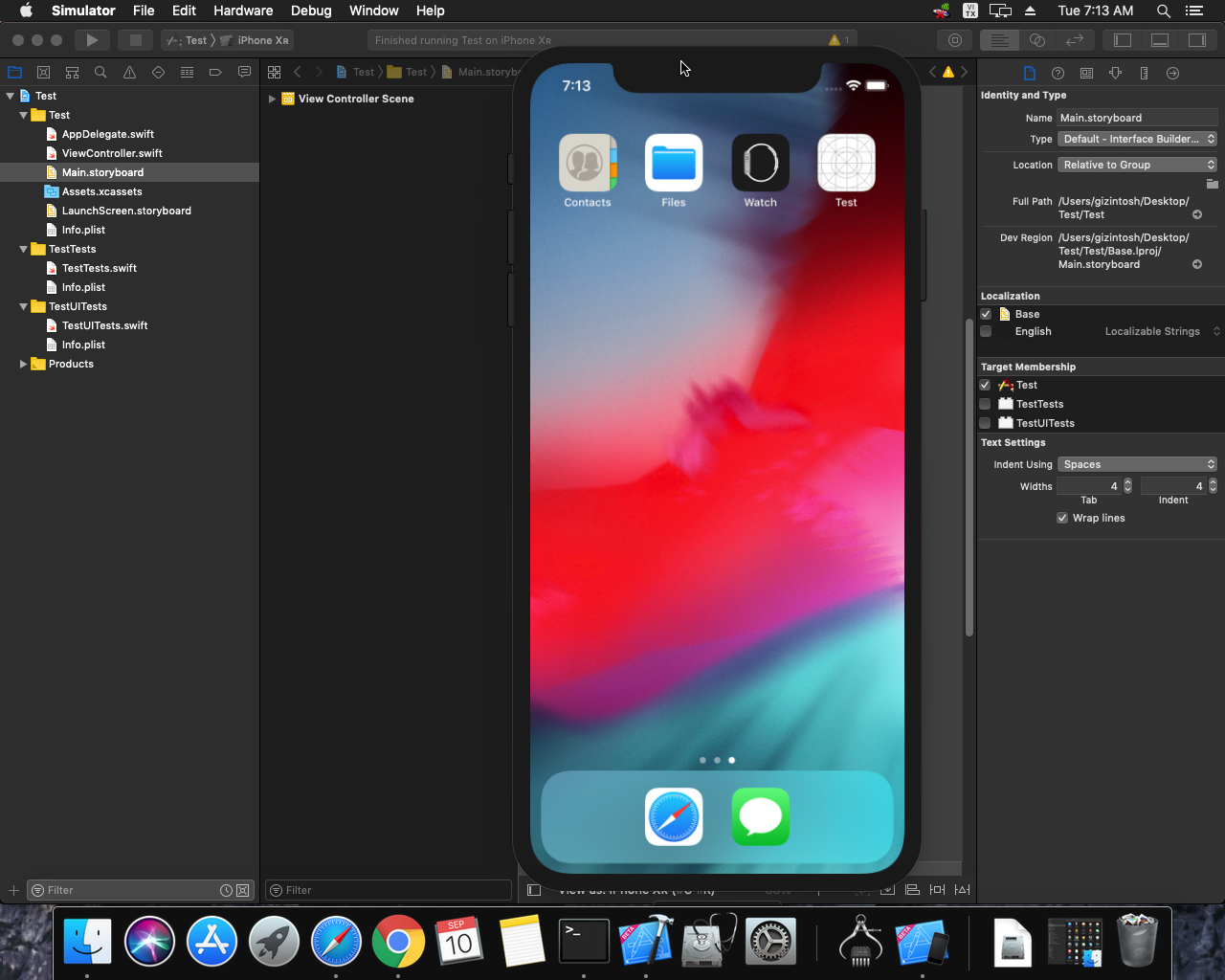
 Khoá học lập trình game con rắn cho trẻ em
Khoá học lập trình game con rắn cho trẻ em 


